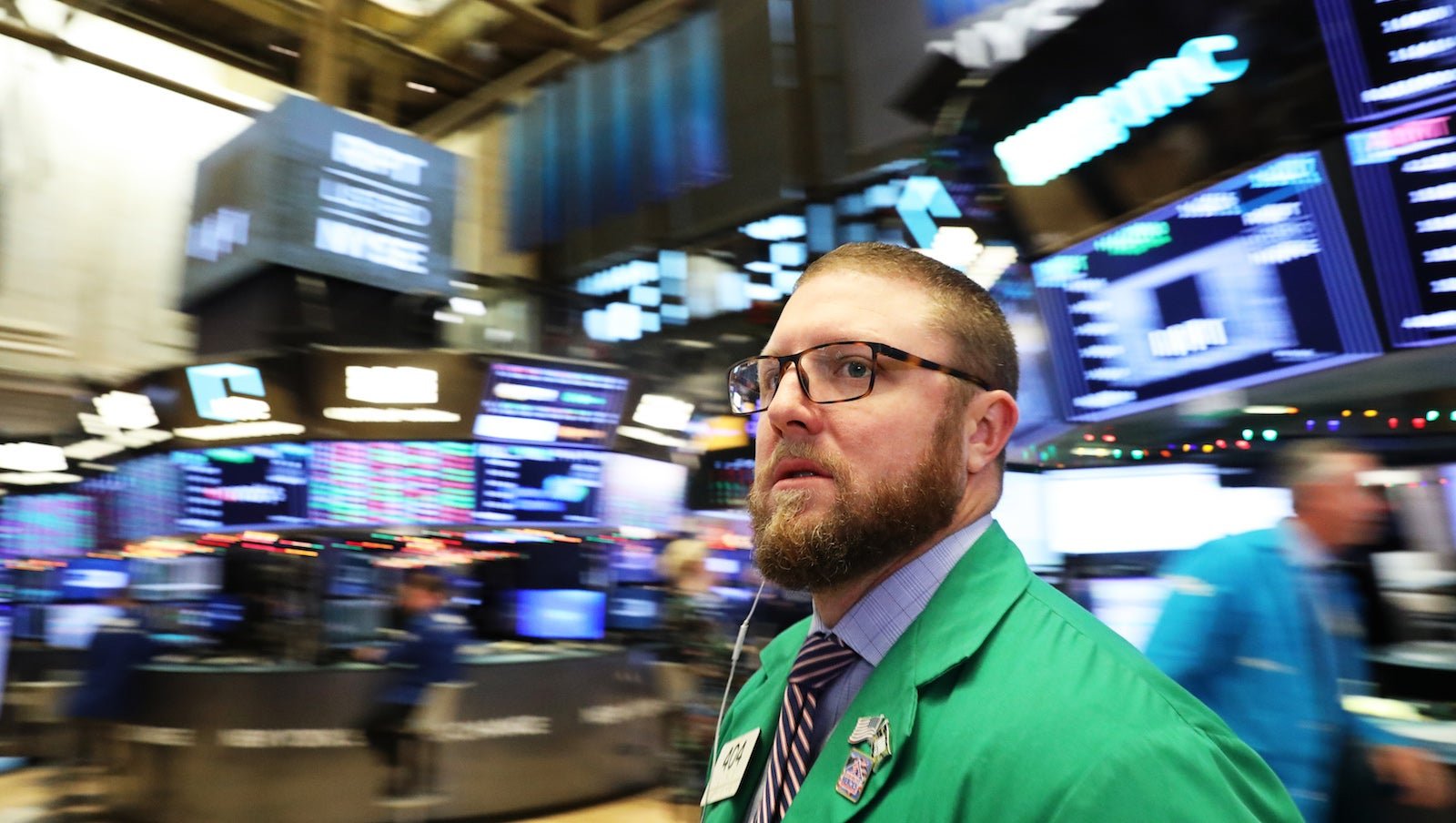These Wall Street bankers are getting paid the most this year
As the longest bull market in US stocks history shows signs of wavering, it’s upending Wall Street’s traditional hierarchy of pay.


As the longest bull market in US stocks history shows signs of wavering, it’s upending Wall Street’s traditional hierarchy of pay.
Last month, the benchmark S&P 500 index fell 6.9%, its worst month in more than seven years, as fears over demand for Apple’s iPhones, declining oil prices, US interest-rate hikes, and the ongoing US-China trade spat is leading investors to wonder how much longer stocks can keep going up.
This month has been all over the place. The S&P 500, which had erased all of its gains for the year in a 550-point drop on Nov. 20, has since pared back some of that. Now the index is now heading for its biggest weekly advance in nine months. We’re not in bear-market territory yet but it’s getting harder to tell.
That volatility is bad for stocks traders at the big Wall Street banks but it’s been great for other kinds of traders.
Traders of equity derivatives—financial instruments like futures and options linked to the prices of stocks—are set for the biggest pay rises this year, according to Options Group, a headhunting firm, the Wall Street Journal reported (paywall). They are in line for a 9.5% increase in compensation globally in 2018, while investment bankers pay will only climb 0.3%. Bond traders’ total pay will actually drop—by 2.6%.
The shift in compensation reflects a changing culture at the big banks, as experience and instinct as a guide for trading strategies is replaced by a more quantitative approach. Strategists used to help traders with data to place orders; nowadays, they often run the trading desk. At Goldman Sachs, they are called “straders” and they look nothing like the Gordon Geckko types who used to run the trading desks at banks.
“Ten or 15 years ago, the engineers were the ones who didn’t speak to anyone and maybe seemed like they hadn’t showered that day. The traders were the ones that looked like they stepped out of a Brooks Brothers catalog,” one financial-services recruiter told the Journal (paywall). “That line has basically disappeared.”
And banks are paying these engineers, sometimes called “quants,” to stick around amid demand from Silicon Valley for the best engineering and analytical talent. “Quant strategies, artificial intelligence, data science—there’s going to be a lot of pressure not to lose people in these areas,” said Michael Karp, chief executive of Options.
This is especially so in our newly volatile times, when there is a lot of money to made in derivatives, which allow you to hedge again swings in prices. After a key measure of volatility showed that 2017 was the least volatile year in decades for stocks, it more than doubled in a week in February—an omen of things to come.
Goldman’s options desk, for example, made more than $100 million over those few days in February, the Journal reported. Swiss bank UBS’s equity-derivatives group’s revenue is up 30% over the first nine months of 2018 versus a year ago.